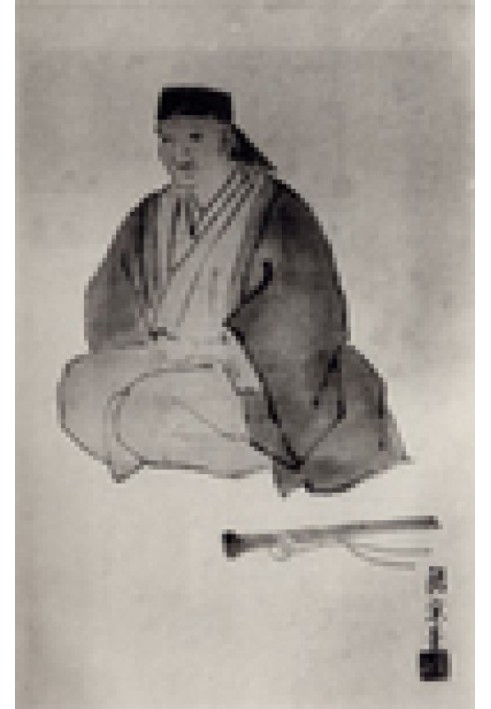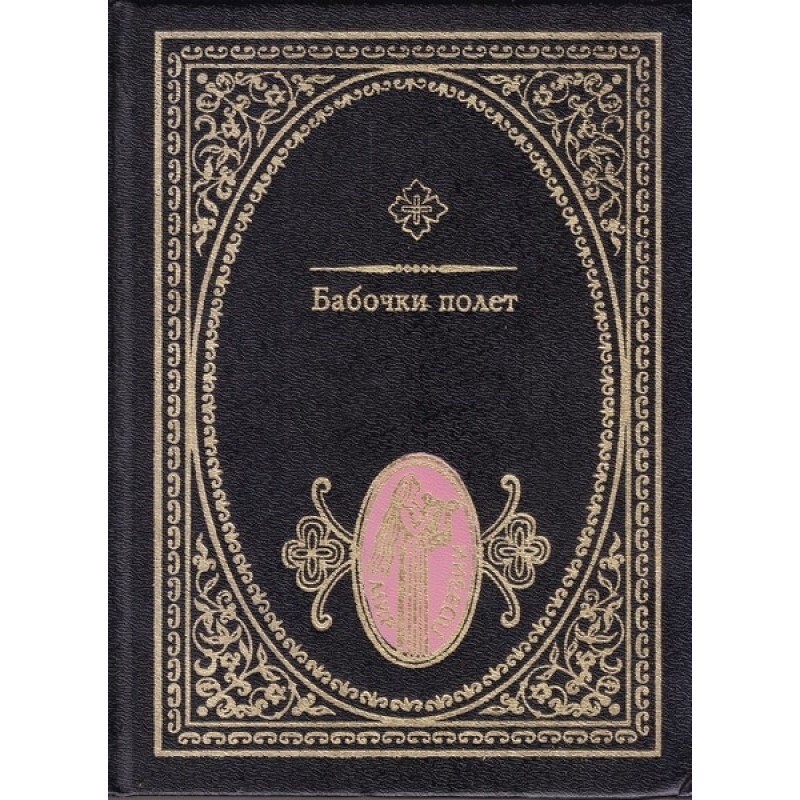Haiku
 Instant download
Instant download
after payment (24/7)
 Wide range of formats
Wide range of formats
(for all gadgets)
 Full book
Full book
(including for Apple and Android)
I S S A translation by T. Sokolova - Delyusina from: "Foreign Literature", #5–6, 1992, p. 139 From the translator (abbreviated):
Fly here. Let's play together, Sparrow is an orphan! Composed at the age of 6. Yataro Kobayashi, pseudonym - Issa. The last great master of haiku.
Born in 1763, remote mountain province of Shinano, village of Kashiwabara. First-born of a wealthy peasant Yagohei Kobayashi. Lost his mother early, unloved stepson. Sent to Edo as a teenager. Became a professional poet. At the age of 39 he returned to the village. Soon the father died; litigation with stepmother and younger brother over inheritance. Received a share after 12 years; At the age of 50 he started a family. Leaving Edo, he settled in a village, worked the fields and wrote haiku. Four sons and a daughter died in childhood. Soon his beloved wife Kiku died. I didn’t forget her, I married twice more. Died in 1827, the only child who continued the family was born after his death. 20,000 haiku, several works of the haibun genre (diaries, travel notes, essays), the most significant book of prose and poetry “My Spring”. Issa's haiga, combining poetry, calligraphy, and painting, survived. He did not create a school. Decline of haiku after Basho (1644 - 1696). The time of external effects, comedy, paradoxes, colloquialisms and dialectisms appear. Disregard for the canons. Issa - “exaltation of the low.” The Japanese still love it.
Data sheet
- Name of the Author
- Кобаяси Исса
- Language
- Russian














